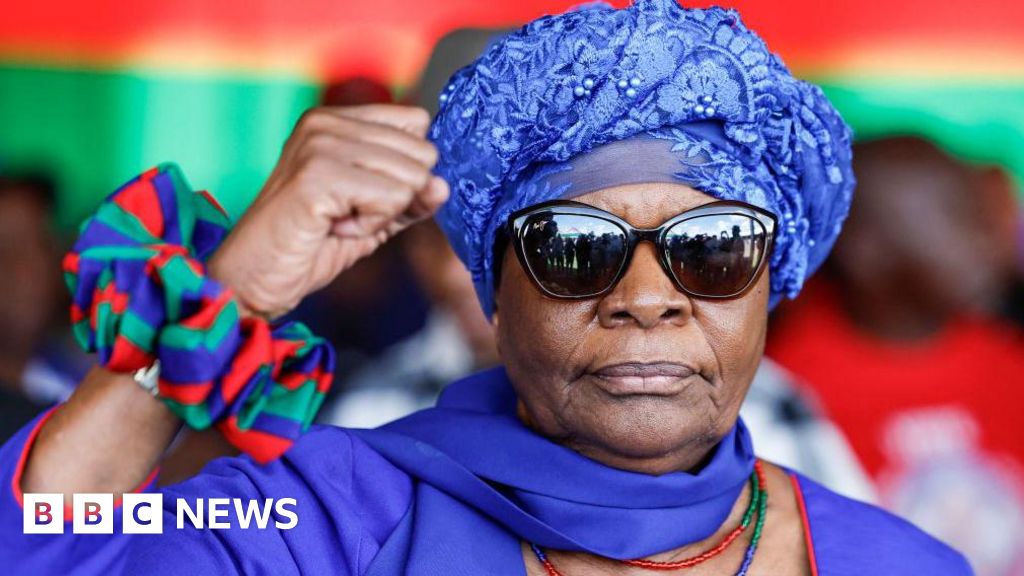• Check spread, House tasks Presidency as disease claims three lives in Benue
• Kogi confirms two cases, sets up response team
• Oyo urges more vigilance, embarks on public sensitisation
Sixty-three fatalities and 2,102 suspected cases of cholera have been recorded across 33 states and 122 local councils nationwide, with a case fatality rate of three per cent this year.
Consequently, the House of Representatives has called on the Presidency to quickly emplace measures to check the spread of cholera nationwide.
This was as Benue State confirmed that three persons died of the disease in the last two weeks.
In Kogi State, two cases of cholera were confirmed in Lokoja and Omala local councils, just as Oyo State Government called on residents to be more vigilant, imbibe good hygiene and take preventive measures to combat the spread of cholera.
Lagos, Bayelsa, Abia, Zamfara, Bauchi, Katsina, Cross River, Ebonyi, Rivers and Delta states account for about 90 per cent of the cases, while seven are in the southern part of the country.
Director-General of Nigeria Centre for Disease Control and Prevention (NCDC), Dr Jide Idris, who disclosed this, yesterday, in Abuja, observed that prior to the activation of the Emergency Operation Centre (EOC,) the NCDC, through the National Cholera Technical Working Group, had conducted assessment of cholera readiness and preparedness capacity in 22 high-burden states, with the report of gaps identified shared with the states, to guide their preparedness before the outbreak.
He identified some challenges in the ongoing cholera response to include open defecation, inadequate toilet facilities, inadequate safe water and poor sanitation, adding that only 123 (16 per cent) of the 774 local councils in the country were Open Defecation-Free (ODF).
Yesterday’s resolution of the House followed the adoption of a motion of urgent public importance moved by the Minority Leader, Kingsley Chinda, entitled ‘Urgent need to check the outbreak of cholera in Lagos and other parts of the country’.
Following the adoption of the motion during plenary presided over by the Deputy Speaker, Benjamin Kalu, the lower legislative chamber urged the Presidency and respective state governments “to urgently put in place measures to effectively check the outbreak of cholera in the country.”
It also mandated its Committee on Information, National Orientation, Ethics and Values to “undertake rigorous public orientation, enlightenment and education of the citizenry on the need to maintain personal hygiene at all times by relevant government agencies.”
Its Committee on Healthcare Services was mandated to urgently liaise with relevant stakeholders in the health sector “to investigate the root of the outbreak and report back to the House within two weeks for further legislative action/intervention.”
In his argument, Chinda noted that the House was concerned about the public and personal health of teeming Nigerians largely due to lack of access to clean water, poor sanitation and personal hygiene.
BENUE State epidemiologist, Dr Henry Ijabo, told newsmen that out of the 13 cases of cholera reported so far, 10 were under observation.
Urging residents to stop open defecation, he noted the absence of vaccine for the disease.
Ijabo explained that the disease was most prevalent in the Agatu, Ado and Otukpo local councils in Benue South senatorial zone.
He advised residents to maintain high standards of hygiene in their surroundings.
KOGI Commissioner for Health, Abdulazeez Adeiza, disclosed, yesterday, that the government had unveiled a comprehensive infection prevention tool as a quick response to ensure a cholera-free state.
He said that Kogi had been fortunate to have minimal impact from the outbreak.
One case has already been discharged and the other is undergoing treatment, with no fatalities recorded, Adeiza added.
According to him, the Ministry of Health has implemented stringent surveillance protocols, provided extensive training to healthcare professionals, and conducted widespread campaigns to combat the disease.
The commissioner stated that the ministry had equipped its healthcare workers with the necessary resources to ensure a swift and effective response to any potential outbreak in any part of the state.
While stressing the importance of community involvement, he noted that the government was collaborating with community and traditional rulers, as well as religious figures to educate the public on preventive measures against cholera.
Oyo Commissioner for Environment, Abdulmoheed Mogbonjubola, in a statement, yesterday, lamented that the World Health Organisation (WHO) confirmed the outbreak in some parts of Nigeria as part of the global resurgence of cholera cases, classifying it as a Grade 3 public health emergency, requiring maximal WHO system-wide response.
Nigeria has been identified as one of the 14 countries in Africa where the resurgence is being experienced.
However, Oyo presently has no cholera case, as the suspected cases have returned negative, after tests.
The commissioner noted that cholera outbreak in neighbouring states put the state government on its toes.

 4 months ago
26
4 months ago
26














![[ICYMI] No N500m missing from customer’s account, says Access Bank](https://cdn.punchng.com/wp-content/uploads/2018/09/14183604/20180707-DSC_0077new.jpg)
 English (US) ·
English (US) ·